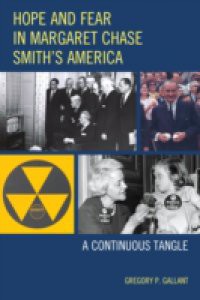The Israeli-Palestinian conflict is more than a local or regional dispute. Its ongoing and escalating nature increases the risk that the violence will spill over its present borders and contribute to both extremism and terrorism. While the Intifada from 1987 to 1993 was largely a popular uprising and a political struggle, the recent clash is a war with a steady escalation between conventional and unconventional forces. It is in the interest of all major powers, the international community, and the United Nations to press both sides to accept a realistic peace plan.Noted Middle East expert Anthony Cordesman details this continuing struggle by explaining the issues at stake for each side; the various combatants (both directly and indirectly engaged); as well as the course of the war in its various incarnations. The situation on the ground is complex and the quest for peace is ever more uncertain. If the Intifada was a struggle for recognition that a peace had to be reached that was just for both sides, the Israeli-Palestinian War has polarized both sides away from peace, convincing them of the justice of their own cause and tactics and the fundamental injustice of the other side's tactics and goals. Each side has used human rights, international law, and civilian casualties as political weapons. The history of a near century of conflict is used to justify war rather than a search for peace.



 9.5 (2)
9.5 (2) 












